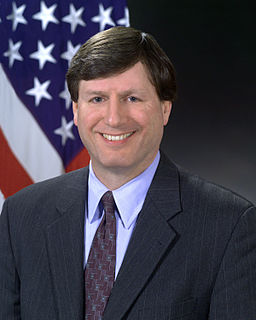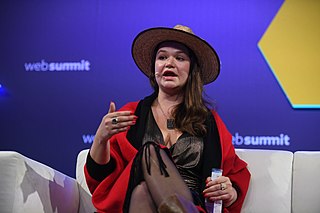A Quote by Stephen Cambone
There is a reasonable concern that posting raw data can be misleading for those who are not trained in its use and who do not have the broader perspective within which to place a particular piece of data that is raw.
Quote Topics
Related Quotes
We are ... led to a somewhat vague distinction between what we may call "hard" data and "soft" data. This distinction is a matter of degree, and must not be pressed; but if not taken too seriously it may help to make the situation clear. I mean by "hard" data those which resist the solvent influence of critical reflection, and by "soft" data those which, under the operation of this process, become to our minds more or less doubtful.
When dealing with data, scientists have often struggled to account for the risks and harms using it might inflict. One primary concern has been privacy - the disclosure of sensitive data about individuals, either directly to the public or indirectly from anonymised data sets through computational processes of re-identification.
Scientific data are not taken for museum purposes; they are taken as a basis for doing something. If nothing is to be done with the data, then there is no use in collecting any. The ultimate purpose of taking data is to provide a basis for action or a recommendation for action. The step intermediate between the collection of data and the action is prediction.
My study is NOT as a climatologist, but from a completely different perspective in
which I am an expert … For decades, as a professional experimental test engineer, I have analyzed experimental data and watched others massage and present data. I became a cynic; My conclusion - 'if someone is aggressively selling a technical product who's merits are dependent on complex experimental data, he is likely lying'. That is true whether the product is an airplane or a Carbon Credit.

































